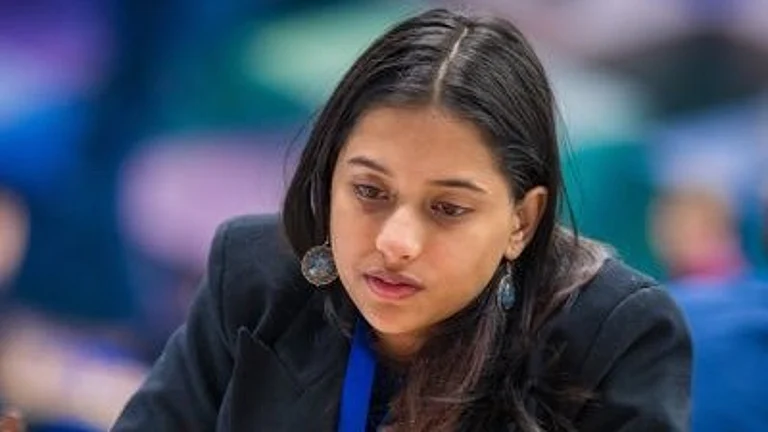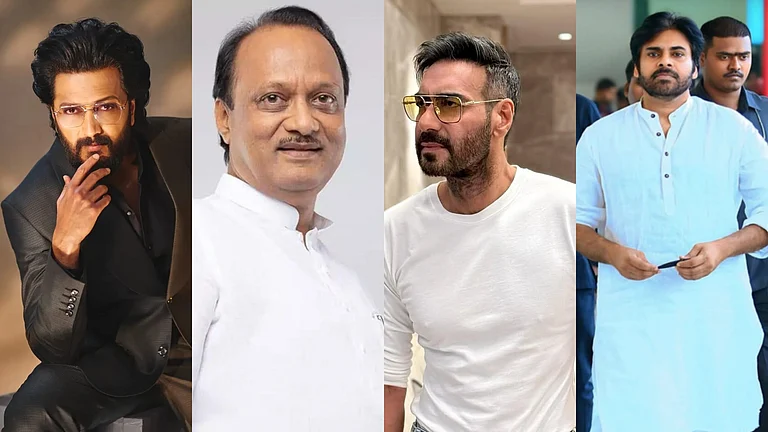Sitabai Deshmukh, 88, has spent her whole life in a village in Maharashtra, Fangane. When she was a child, her village didn’t have a school. So she couldn’t study and, like many women of her age, settled into the rhythms of domesticity: She became a wife, a mother, a grandmother—an eternal care giver. But in the spring of 2016, on Women’s Day, a school opened in Fangane enrolling students like her, Ajjibaichi Shaala (Grandmother’s School). Soon, she had a new morning routine: wearing a pink sari, keeping a slate in her satchel, and walking across the village to reach the school—her school.
Sitting on the floor with fellow students—old women from the ages of 60 to 90—she learned to read alphabets and numbers, opening a new world, meeting her new version. Her story illuminates the joys of personal reinvention and the real meanings of education: liberating it from the confines of a ‘neoliberal project’—something solely tied to a job and a salary, reducing diverse people to money-minting tools—and recasting it as a means of fulfilment, empowerment, and self-discovery.
“Now I’m ready,” she says in a documentary. “At the gates of heaven if I’m asked, ‘What did you do as a human?’, then I’ll be able to say, ‘I went to school. I can sign my name.’”


























